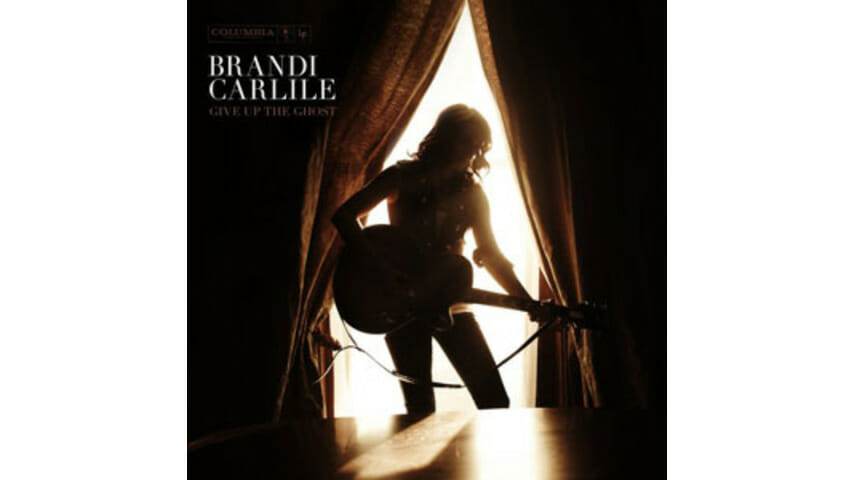Brandi Carlile: Give Up the Ghost

A good thing gets better
Brandi Carlile is a woman out of time. She’s no revivalist—four years into her recording career, her albums owe as much to early Radiohead as they do Johnny Cash. But she seems like an artist who, at any point in the past 50 years, could’ve come busting out of Ravensdale, Wash., to bowl the world over like she did in 2005 with her self-titled debut.
The album was a fresh 10-song collection of rootsy, straightforward acoustic rock, shot through with wide-eyed, weary wonder. Bit with that voice—warm and bell-clear, skipping up and down her register like smooth, flat stones tossed across a still lake—she would’ve been right at home on the Opry stage, crooning tortured ballads alongside Patsy and Loretta, or maybe harmonizing with Gram Parsons in some alternate Emmylou-less universe. But by some stroke of fate, she landed in these times instead.
It wasn’t until 2007’s The Story—her T-Bone Burnett-produced sophomore release—that we realized even half of what we’d been dealt. Nearly a minute into the second song (the title track and lead single), something about her shifted from promise to absolute certainty as Carlile let loose a hurricane of lung power: “Swam all across the ocean blue / Crossed all the lines and I broke all the rules,” she belted, her voice suddenly ripping loose and flailing into the wind, rearranging coastlines, flooding streets. “And baby, I broke them all for you.”
-

-

-

-

-

-

-

-

-

-

-

-

-

-

-

-

-

-

-

-

-

-

-

-

-

-

-

-

-

-

-

-

-

-

-

-

-

-

-

-








































